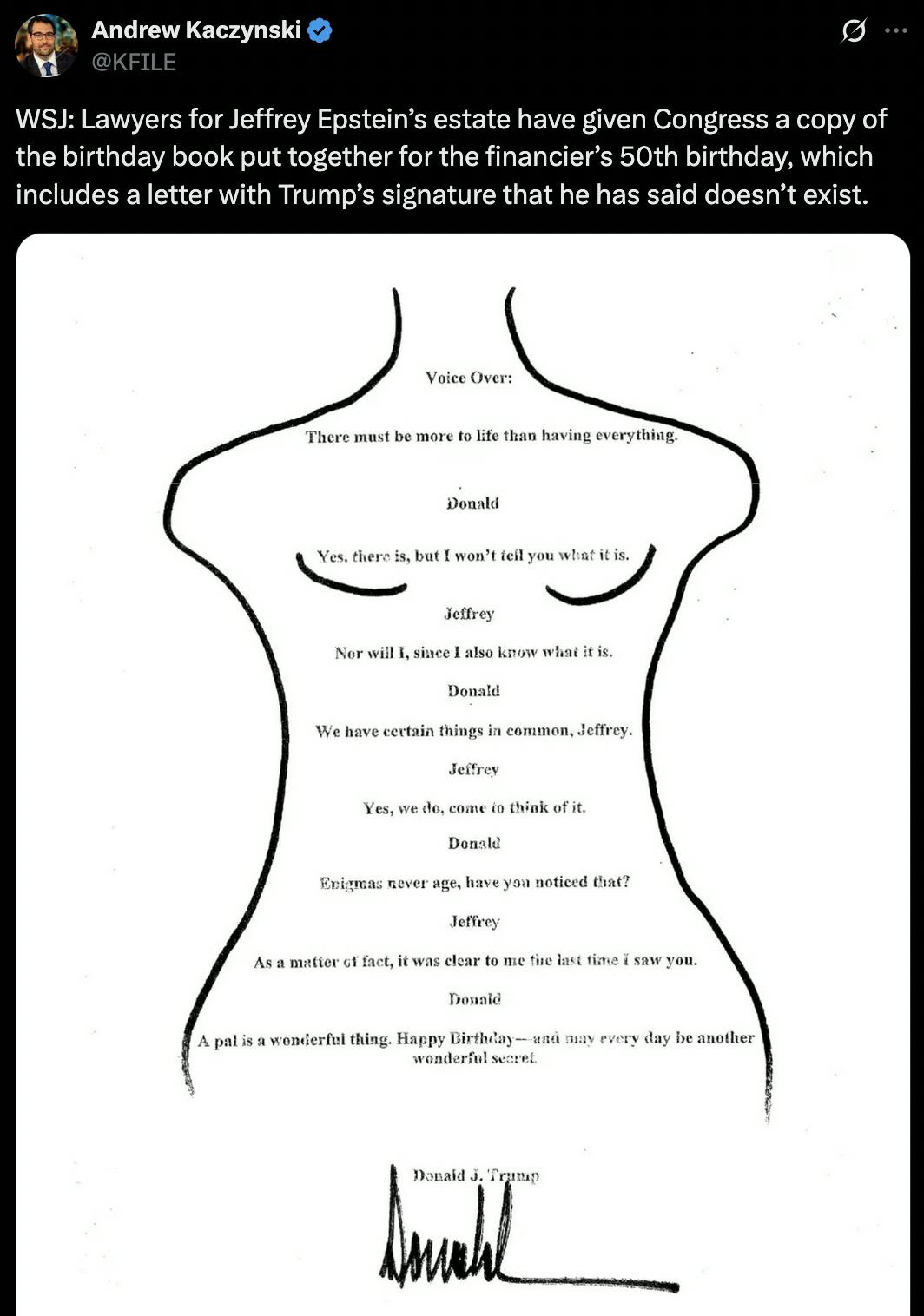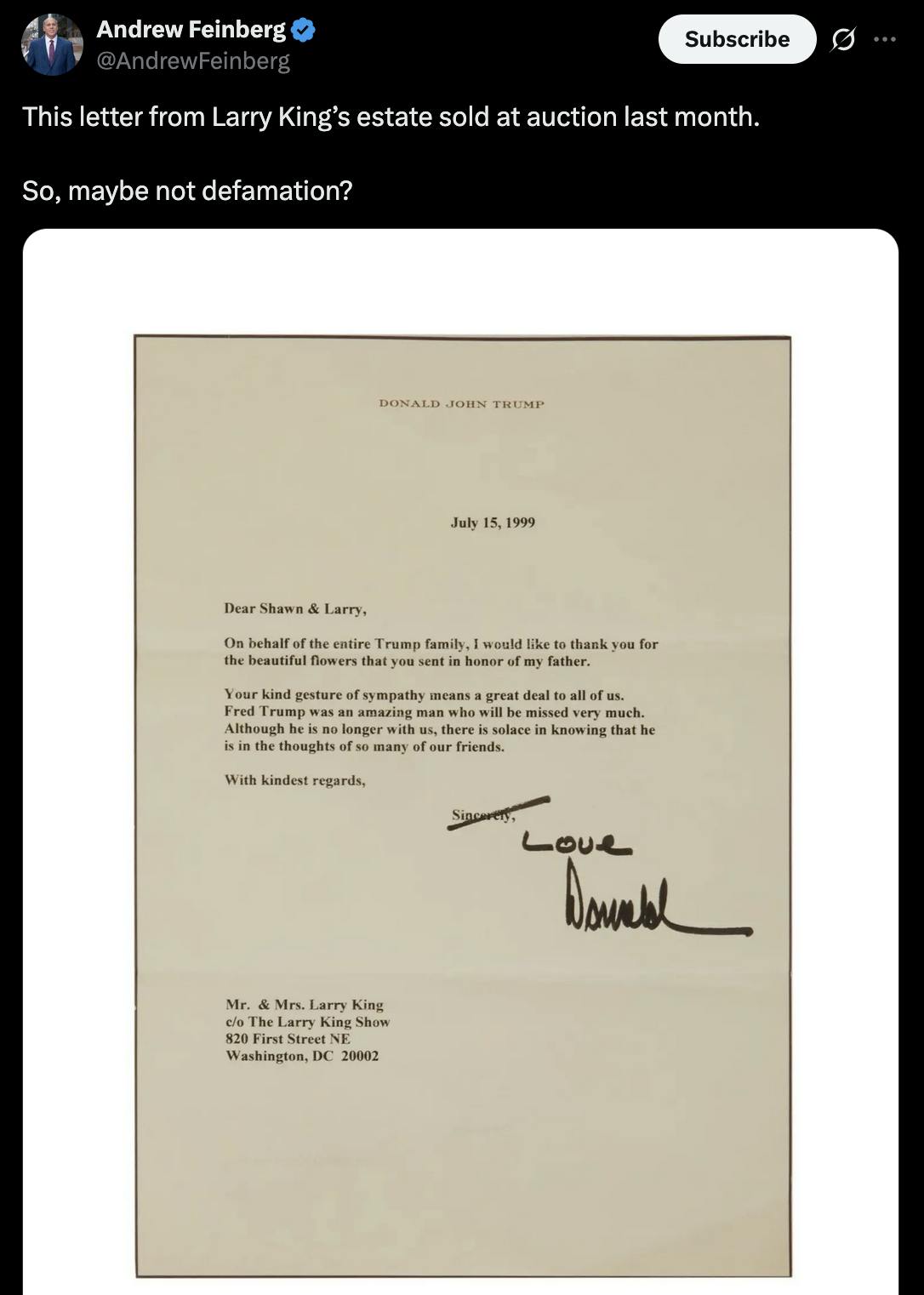ICE Scraps Paperwork Rules So Masked Agents Can Arrest People Faster
It’s part of Trump’s expanded immigration crackdown.

Immigration and Customs Enforcement officers used to have to fill out paperwork before they arrested someone. Now, likely in service of President Donald Trump’s mass deportation agenda, that requirement has been scrapped.
Six current and former ICE agents told NBC News that they had previously been required to record a person’s name, appearance, employer, last known address, immigration history, criminal history, and more.
The form used to be required for every arrest made, except when ICE was called in to work with local law enforcement agencies. But in the last few months, that policy has quietly vanished because some at the agency thought it was a “waste of time,” according to Darius Reeves, the former director of ICE’s Baltimore field office.
“It’s hard to fill out a worksheet that just says, ‘Meet in the Home Depot parking lot,’” one of the former ICE officials told NBC News.
Despite everything the Trump administration says to the contrary, it’s been clear for months that ICE is not targeting individuals with criminal histories; it’s performing massive, indiscriminate sweeps. Back in May, White House deputy chief of staff Stephen Miller yelled at ICE agents, threatening to fire them if they didn’t make at least 3,000 arrests a day.
In an attempt to stop the blatant racial profiling, a federal judge in July issued a temporary restraining order blocking ICE from conducting “roving patrols” that used people’s race, or their language, as a reason to detain them.
And it actually helped: An analysis from the right-leaning Cato Institute said that arrests fell 66 percent in L.A. after the order.
But on Monday, the Supreme Court lifted that order, and ICE officers are now free to racially profile broad swaths of people to their hearts’ content: in L.A., in D.C., and soon in Chicago.
For those who believe that this type of lawlessness should have consequences, there’s one silver lining. If officers make arrests without probable cause, they could be sued, according to ICE’s former chief counsel in Dallas. The now-defunct paperwork requirement wasn’t just in place to protect civilians from the agents but to protect ICE officers from legal liability.






















